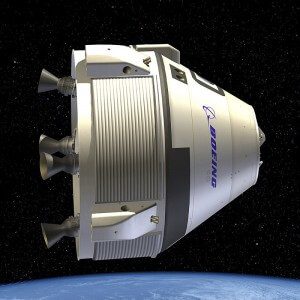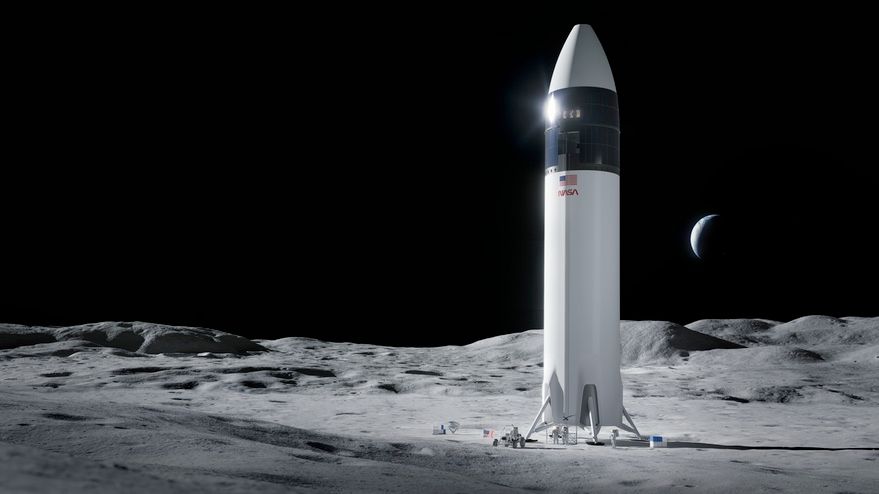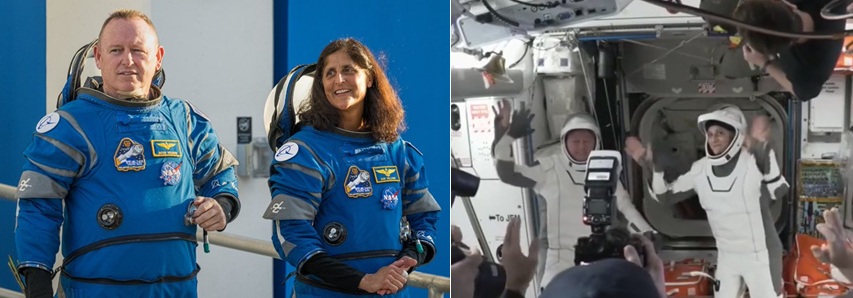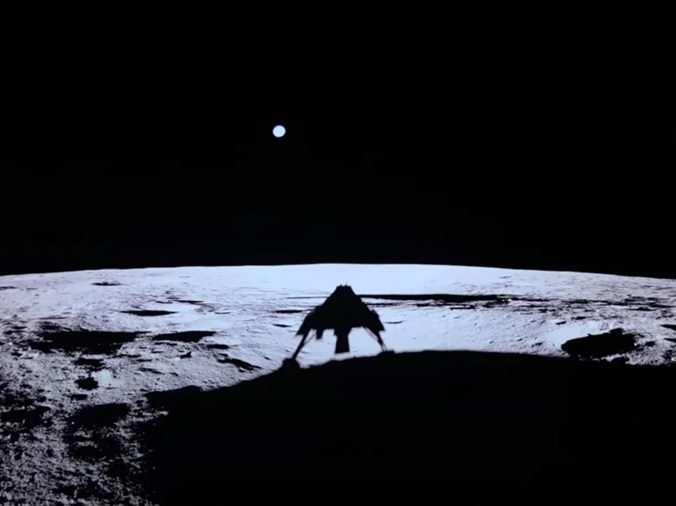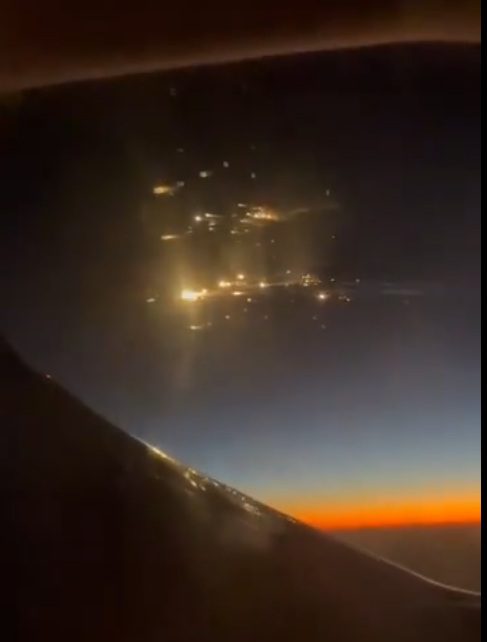On 6 April, Boeing announced that it had decided to fly a second uncrewed test of its CST-100 Starliner after the first flight of the capsule/service module combination showed some serious faults. This was not a surprise, given that the anticipated cost had appeared in Boeing’s accounts as a US$410 million charge. The new Orbital Flight Test, dubbed OFT 2, will be flown at Boeing’s expense as a demonstration to NASA of the safety of the system, which is eventually planned to take crew to the International Space Station (ISS). The mission is expected to take place in the fourth quarter of this year.
The original Starliner CST-100 OFT mission, on 20 December 2019, suffered a faulty launch involving a timer, which prevented an orbital injection engine burn occurring on time. While a later orbital injection did take place, fuel exhaustion meant that that a subsequent rendezvous and docking with the International Space Station (ISS) could not take place.
Worse was to come for Boeing. Analysis revealed that a software error, involving an incorrect phase-of-flight setting during the capsule’s service module separation before re-entry, would have resulted in a collision if it had not been corrected. Boeing plans to use “Spacecraft 2” for a test flight that was originally planned for the crewed flight test mission.

